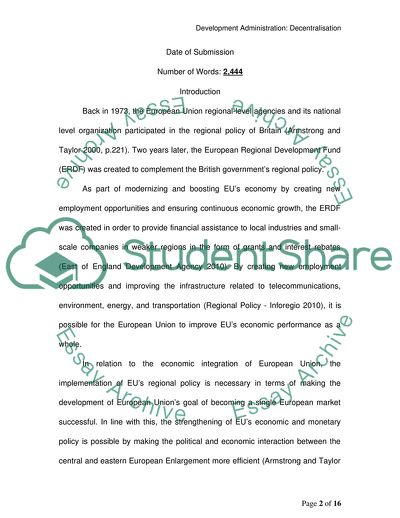Cite this document
(Decentralisation of the European Union Case Study, n.d.)
Decentralisation of the European Union Case Study. https://studentshare.org/macro-microeconomics/1745554-development-administration
Decentralisation of the European Union Case Study. https://studentshare.org/macro-microeconomics/1745554-development-administration
(Decentralisation of the European Union Case Study)
Decentralisation of the European Union Case Study. https://studentshare.org/macro-microeconomics/1745554-development-administration.
Decentralisation of the European Union Case Study. https://studentshare.org/macro-microeconomics/1745554-development-administration.
“Decentralisation of the European Union Case Study”. https://studentshare.org/macro-microeconomics/1745554-development-administration.


